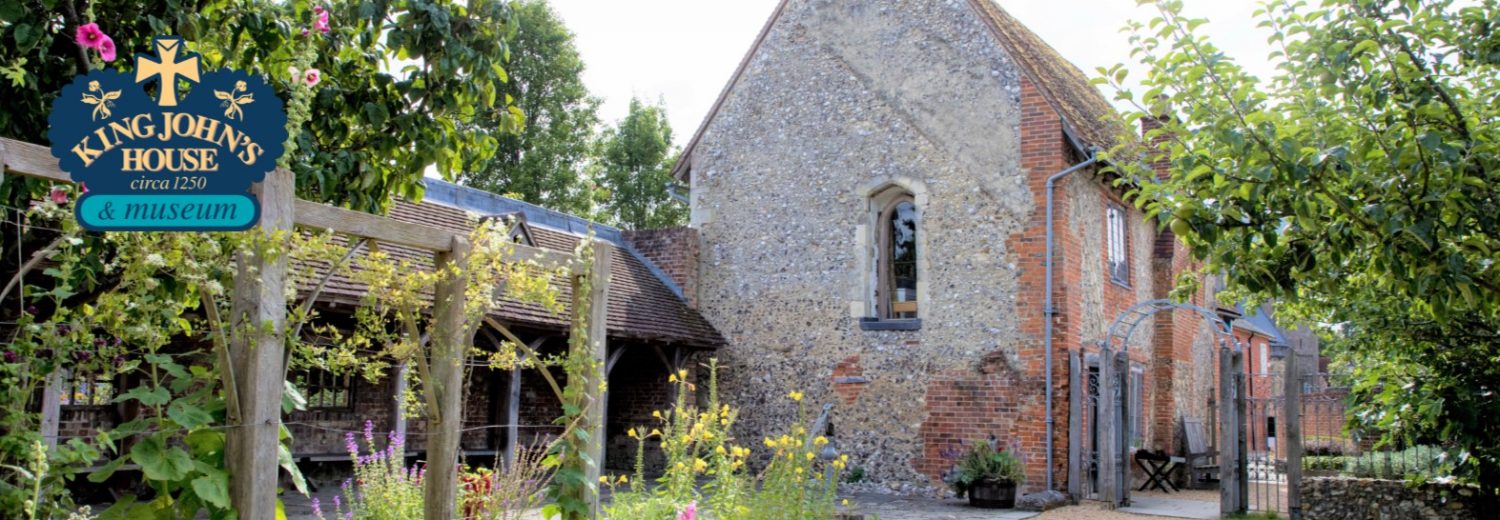
THE PRELUDE TO THE BATTLE
There were a number of factors that contributed to Napoleon’s defeat at Waterloo on the 18th June 1815. Stephen focused primarily on Wellington as a strong military strategist and leader, and it is this that will be explored below. It is important to note that Wellington and Napoleon had never met on the battle field – a factor that led to the French commander underestimating his opponent. As well as this, Wellington himself mapped out the battlefield, and was aware of how the terrain could be used and manipulated to his advantage. The French army had met both the English and the Prussian allied armies at Ligny and Quatre Bras two days before Waterloo, and had successfully driven the allies into a retreat. The English and the Prussians were divided, and Napoleon subsequently pursued Wellington to Waterloo. The Prussian army went unchecked by the French, and it is ultimately the regrouping of the English and the Prussians two days later at the Battle of Waterloo that sealed Napoleon’s fate.
TOPOGRAPHY
The key to success in any battle is more often than not understanding knowing how to utilise your surroundings to the best of your advantage. Prior to the battle, Wellington mapped out the battlefield – his retreat to Waterloo was no accident.The English troops were stationed behind a high ridge, which hid the strategically useful Ohain Road, meaning that Wellington and his army could move relatively unimpeded from one station to another. In front of this ridge were three key fortified chateaus; Hougoumont, La Havesainte and Papelotte which acted as rallying points for the troops as well as secure defensive areas – Wellington realised the strategic importance of the chateaus and re-enforced them throughout the day; because Hougoumont held, a British garrison made of around 3,000 men was able to hold out all day against some 14,000 French troops. As well as this, Wellington knew that the land between the chateaus was marshy, and because of his position, Wellington managed to induce Napoleon into battle on the marshy lower ground - both the English and the French armies lost great numbers of men in the mud throughout the day.
WELLINGTON: AN UNDERESTIMATED ADVERSARY
Prior to Waterloo, Napoleon had not come face to face with Wellington in battle. The British army were well trained and highly disciplined. Throughout the day the Duke forbade counter-fire, therefore, despite an ongoing onslaught from the numerically superior French, the British did not run out of ammunition. This tactic was bolstered by a tried and tested manoeuvre played out by the British in the late afternoon: Wellington’s winning hand was to attack the French in square formation. The British knew that the French horses would not charge a block of soldiers 60 ft by 60 ft. The first two ranks of the square were equipped with bayonets, while the back two ranks covered the rest of the men by firing on the enemy. The British troops who had served with Wellington in the Peninsular Campaigns knew that Napoleon’s men would disperse around them ‘like water around a rock’. Had Napoleon come across Wellington in battle before, this move would have been predictable – as it happened, Wellington enjoyed the element of surprise.
Wellington, although seen as gruff and aloof, was known to his soldiers as a supportive leader. They were kept well fed and watered, and through serving under him on previous campaigns knew that the discipline he demanded, such as that required in the square assaults, paid off. The squares were mathematically certain to be successful against any opponent as long as the troops were kept in line and morale was high. Wellington went from square to square rallying his troops – it was at this point in the battle that the tables truly began to turn on Napoleon; the English casualties were minimal, whereas the French fell in vast swathes.
CONCLUSION
At the start of the day the French had the numerical advantage. However, because of Wellington’s careful planning and ability to maintain strict control over his well-disciplined men, Napoleon was not able to keep the British and Prussian army apart. The Prussians arrived late in the afternoon (around 4.30pm) to support the British – the coming together of both the British and Prussians meant that the French were now outnumbered. Had Napoleon defeated the British before the arrival of the Prussians, it is likely that he would have remained Emperor for a lot longer. This was not to be, Wellington and the British were underestimated, which brought the allied forces some much needed time and ultimately lost Napoleon the Battle - and his imperial crown.

Follow Us